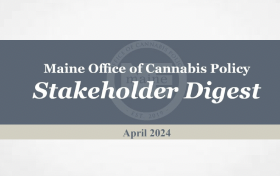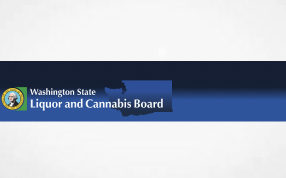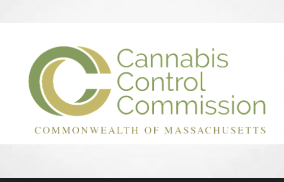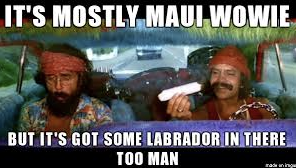Authored By: Rod Kight- September 27, 2018
The Agricultural Act of 2014, also knowns as the 2014 Farm Act (Act), will expire on September 30, 2018. It created the current industrial hemp industry, including the booming cannabidiol (CBD) sector, by carving out an exception to illegal marijuana. Under 7 U.S. Code § 5940 (the industrial hemp section of the Act) cannabis sativa L that is grown under a state pilot program and which contains delta-9 tetrahydrocannabinol (THC) THC concentrations that do not exceed 0.3% on a dry-weight basis is lawful. A recent ruling by the 9th Circuit Court of Appeals confirmed that industrial hemp is not a controlled substance. CBD is not a controlled substance unless it is derived from marijuana. It is therefore lawful when derived from industrial hemp, at least in the states that have pilot programs which do not prohibit sales of industrial hemp.
The 2018 Farm Bill (Bill), which would replace the Act if enacted, will not likely be passed on or before September 30. In other words, the Act will most likely expire without a replacement. Most people interested in hemp are aware that the Senate version of the Bill contains robust protections for hemp (it sheds the modifier term “industrial”), including explicit protections for cannabinoids derived from hemp. It also makes hemp lawful in all 50 states, something that the Act does not do since it simply authorizes states to enact industrial hemp pilot programs if they choose to do so.
The reason that the Bill will not be likely be enacted before the Act expires is because it is currently held up in committee. The Senate and House versions of the Bill have to be “reconciled” into a single bill, passed by both the Senate and the House, and sent to the President for signature. To date, no committee member has spoken against the hemp provisions. However, there are a number of other issues, including the SNAP program, that are hotly contested and causing the process to bog down into partisan politicking. (It is an interesting state of affairs when the least contested issue on a Bill involves cannabis.)
What does this mean for industrial hemp? If the Act expires without passage of the Bill, what is the legal status of industrial hemp and its products, such as CBD? Fortunately, the state pilot programs currently in effect will remain lawful. They were enacted pursuant to the Act and do not expire with it. It is doubtful that non-pilot program states can enact program until the Bill passes. In effect, things will be “frozen in time”: industrial hemp will remain lawful in states that have pilot programs and unlawful in states that have not. The FY2018 Appropriations Act prohibits federal funds from being used to interfere with the transport, sale, process, or use of industrial hemp. And industrial hemp extract, including CBD, will remain lawful in the states that do not prohibit it. From a legal standpoint, it will mostly be “business as usual”.
However, the confusion surrounding industrial hemp will almost certainly ramp up and make matters more difficult in the immediate future if the Act expires. Lack of education regarding industrial hemp and CBD is the industry’s number one hurdle. This lack of education will become an issue as industrial hemp and CBD production reach news highs with this season’s harvest, hemp products are set to flood the market, and Canadian companies and US equity firms continue to buy up hemp companies with increasing frequency. We can expect a bumpy ride until the Bill is passed. So, buckle in and hold on for the next few months. Change is coming.

















